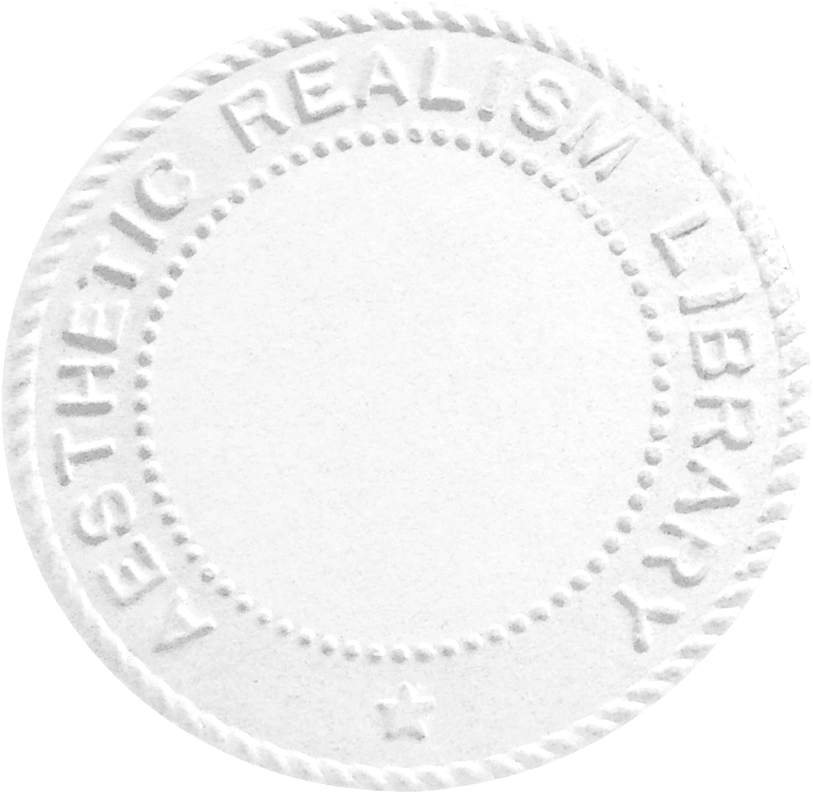Translations by Eli Siegel
Basho Translations
1. The Splash
Furuike ya
Kawazu tobikomu
Mizu no oto
Pond, there, still and old!
A frog has jumped from the shore.
The splash can be heard.
2. Her Lunch-Tray
Te mo tsukazu
Hiru no ozen mo
Suberikinu.
Still, not touched at all,
That is how the food was found—
Her lunch-tray removed.
From Hail, American Development (Definition Press)
© 1968 by Eli Siegel



Eli Siegel’s note to the poem:
Basho Translations. 1967. No Japanese metaphysician has as yet been acclaimed by the speculative West. Japanese have found it hard to be like Hegel or John Stuart Mill or F. H. Bradley. They haven’t as yet been given to abstract, difficult, angular philosophic subsections. With all this, metaphysics has a fine time in the haikus of Basho and often in Japanese poetry as such. The pond in the most famous of Japanese haikus, is old and immediate. The pond is old and as of the day as one’s breakfast that morning. The frog, before he jumps, is just Being; as he jumps, he is change or motion; or as Hegel might say, the frog is now Becoming. The splash includes depth and rise, singleness and manyness. Metaphysical concepts are keenly in seventeen syllables— concepts, that is, without which being could not be thought of.—In the second haiku, change of position is juxtaposed to no change in the weight of something, no change in the shape of something. The something is food, designated by and accompanied by a lunch-tray. A visible change occurs with the lunch-tray but not with the food, which has in it the concepts of possibility and use; in this instance, human use. Within difference and sameness, something takes place and something does not occur, or does not take place. The gifts of metaphysics are handled, if not expounded, by Basho.